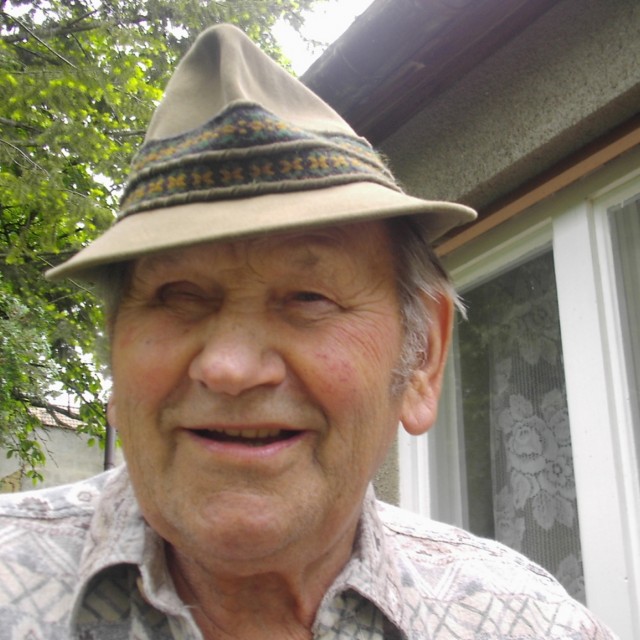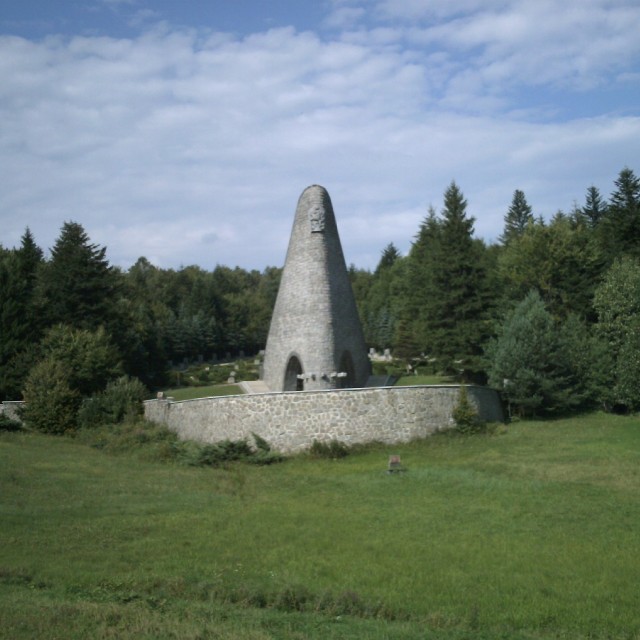Baked apples à la Dukla
Josef Citterberg took part in the Dukla pass operation as a radio operator in the ranks of the 3rd brigade of the Czechoslovak Foreign Army: “Second lieutenant Pagáč was at the time the commander of the battalion of machine-gunners. And Second Lieutenant Juriga, he was a radio operator, commander of the signal company. And I was a radio operator – from the artillerymen. In this small room we were contemplating in the midst of turmoil, the shooting was coming from all sides. And nearby, was a small apple tree, singed, simply all burnt. The apples were half baked. So we started to eat the apples. And Pagáč had a small bottle of vodka, from which we were drinking. And together with that, we were eating the apples. And with all due respect, we were also crying, because Pagáč was saying: ‘I can’t bear this. This is, my lads, my brothers, this is probably my last encounter with you. I’m not sure, not sure, because in my battalion I have left...’ A battalion, at the time – two hundred men, that was still a strong battalion, because each day, every hour, there were less combatants. And in his battalion he was left with around fifteen, eighteen men capable of combat..., that is how his unit was massacred. The battlefield was a secluded place Zbojská, that is how it was called. That is where repeated attacks took place, constant attacks, without common sense, with all due respect. That is where we last saw that Pagáč. And then, after about two days after that Zbojská, I prayed by his grave, because they pointed and said: ‘This is where Pagáč is lying.’ That modest little grave was his – Pagáč’s. It is hard to explain, what the situation was like, that there was no more energy, but it was necessary to go forth, because we wanted to and had to get to the Dukla pass and then further. Losses were not taken into account, human lives were being sidelined.”
Hodnocení
Hodnotilo 0 lidí
Routes
Not a part of any route.
Comments
No comments yet.






